Explainer: International crimes and the Ukraine war
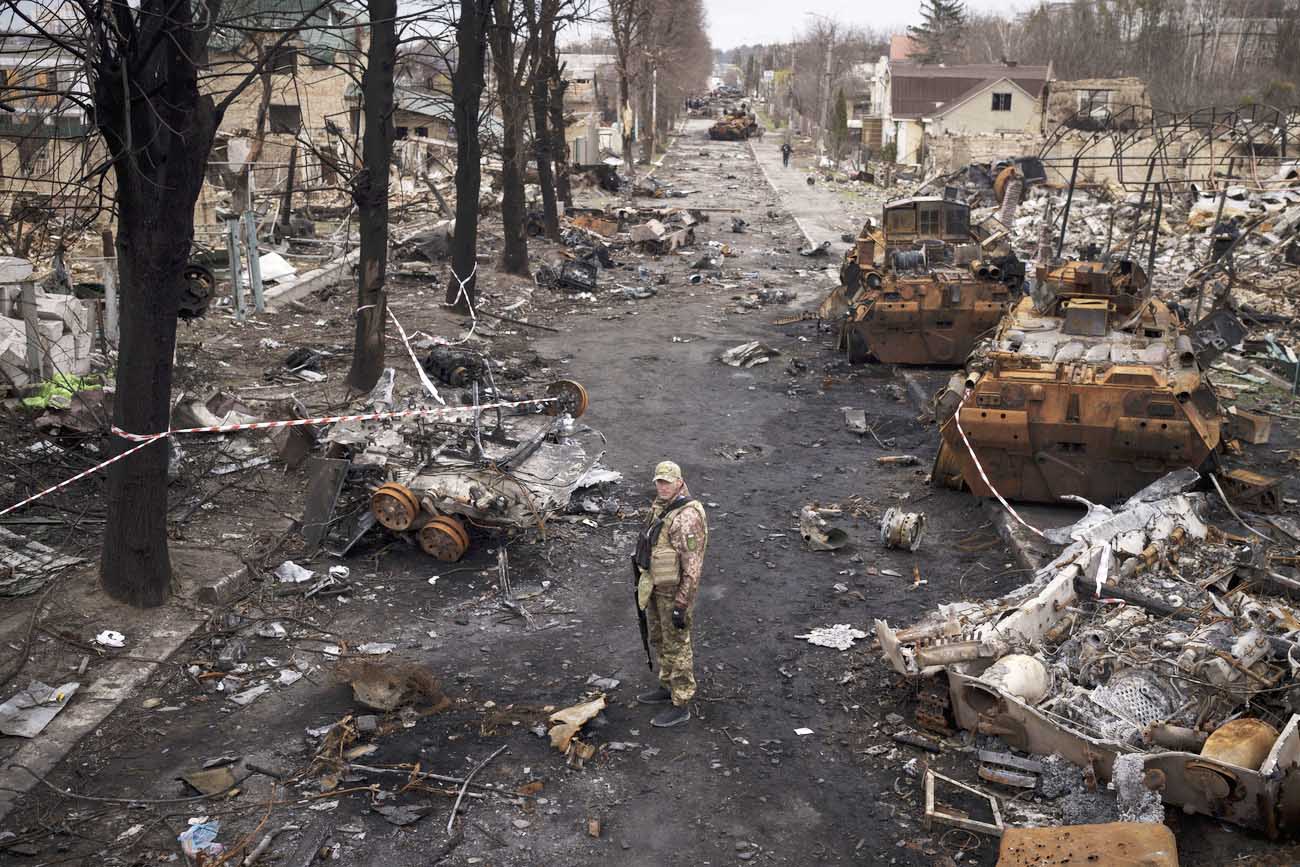
Debate is heating up over the possibility of a special international or European tribunal to try top Russian leaders for the crime of aggression against Ukraine. We take a look at the various international crimes and how they might apply to the Ukraine war.
What are international crimes?
International crimes usually refer to genocide, war crimes and crimes against humanity. There is also the crime of aggression, which has only been judged once in history. This was at the Nuremberg trialsExternal link (1945-46) set up by the victorious Allies after the Second World War. Various representatives of defeated Nazi Germany were tried for plotting and carrying out the invasion of other countries, as well as war crimes and crimes against humanity.
International crimes are considered the most serious of all crimes. There is no Statute of Limitations on them, meaning that individuals allegedly responsible can be tried even decades later. For example, in December 2022 a court in Germany found a 97-year-old woman who worked for the commander of a Nazi concentration camp guilty of complicity in the murdersExternal link of more than 10,500 people.
Since Nuremberg and especially since the 1990s, various international tribunals have been set up to try international crimes (although not the crime of aggression). Examples include the International Criminal Tribunal for the former Yugoslavia (ICTY) and the International Criminal Tribunal for Rwanda (ICTR), as well as the Extraordinary Chambers in the Courts of Cambodia (ECCC). Some countries including Switzerland can try international crimes in their own courts under the principle of “universal jurisdiction”. For example, a Swiss court in June 2021 sentenced former Liberian rebel commander Alieu Kosiah to 20 years in jail for war crimes, including murder, torture and rape. His appeal trial — in which the prosecutor also charged him with crimes against humanity — is currently ongoing.
The International Criminal Court (ICC) in The Hague, set up in 2002, also has jurisdiction over international crimes. It introduced the “crime of aggression” into its Statute in 2017. However, it can only prosecute this under restrictive conditions and not in the Ukraine case, since Russia is not a party to the Rome Statute that created the ICC.
What are war crimes?
War crimes are violations of International Humanitarian Law (IHL), sometimes known as the law of armed conflict. The Hague Conventions, adopted in 1899 and 1907, focus on the prohibition of certain means and methods of warfare by warring parties. Several other related treaties have been adopted since then. The Geneva Convention of 1864 and subsequent Geneva ConventionsExternal link, notably the four from 1949 and the two 1977 Additional Protocols, focus on the protection of persons who are not or no longer taking part in hostilities, such as civilians and prisoners of war. However, there is no one single document in international law that codifies all war crimes.
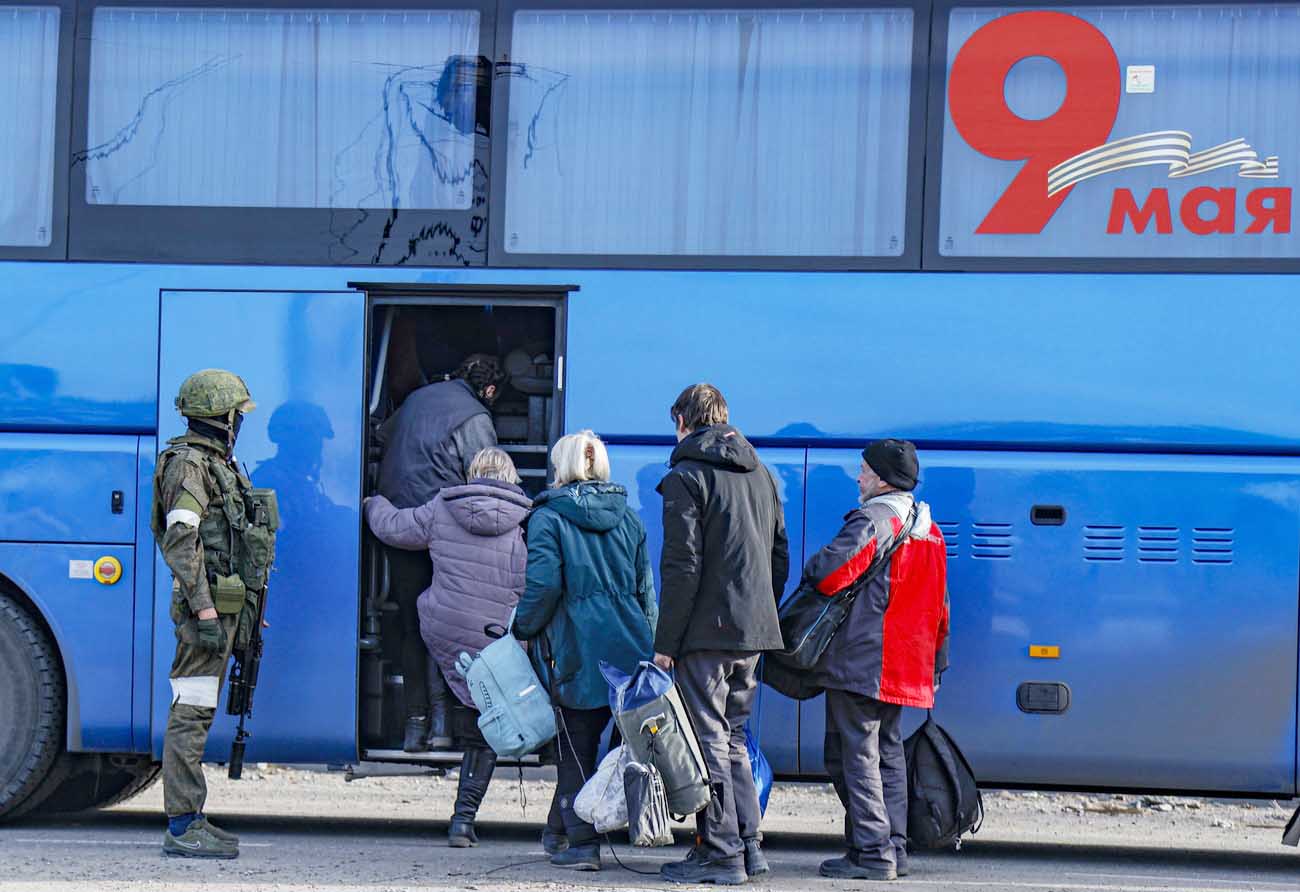
War crimes are defined in the ICC StatuteExternal link particularly as “grave breaches of the Geneva Conventions of 12 August 1949”, including wilful killing, torture, rape, pillage and unlawful deportation or transfer. The ICC’s definition also includes intentionally directing attacks against the civilian population and civilian objects that are not military targets.
The ICC has convicted several people of war crimes, including former Congolese warlords Thomas Lubanga (sentenced to 14 years in jail for war crimes of enlisting and conscripting child soldiers), Germaine Katanga (12 years for war crimes and as an accessory to crimes against humanity) and Bosco Ntaganda (30 years for war crimes and crimes against humanity). In 2016, the ICC sentenced Malian Jihadist Ahmad al-Faqi al-Mahdi to nine years’ imprisonment for the war crime of intentionally directing attacks against religious and cultural buildings in Timbuktu in June and July 2012. And in 2021, the court sentenced Ugandan Dominic Ongwen, a former commander in the notorious Lord’s Resistance Army (LRA), to 25 years in jail for war crimes and crimes against humanity, including murder, rape, torture and enslavement.
What are crimes against humanity?
Crimes against humanityExternal link are defined in the Statutes of international criminal tribunals as grave crimes “committed as part of a widespread or systematic attack directed against any civilian population, with knowledge of the attack”. Notorious figures convicted of such crimes include Nazi propagandist Julius Streicher (sentenced to death by the International Military Tribunal in Nuremberg and hanged in 1946); former Bosnian Serb leader Radovan Karadzic (convicted by the ICTY in 2016 for crimes against humanity as well as war crimes and genocide in Srebrenica, sentenced to life in jail); and Khmer Rouge ideologist Nuon Chea, known as “Brother Number Two” in the Pol Pot regime (sentenced to life by the ECCC in 2014, died in 2019 while serving sentence).
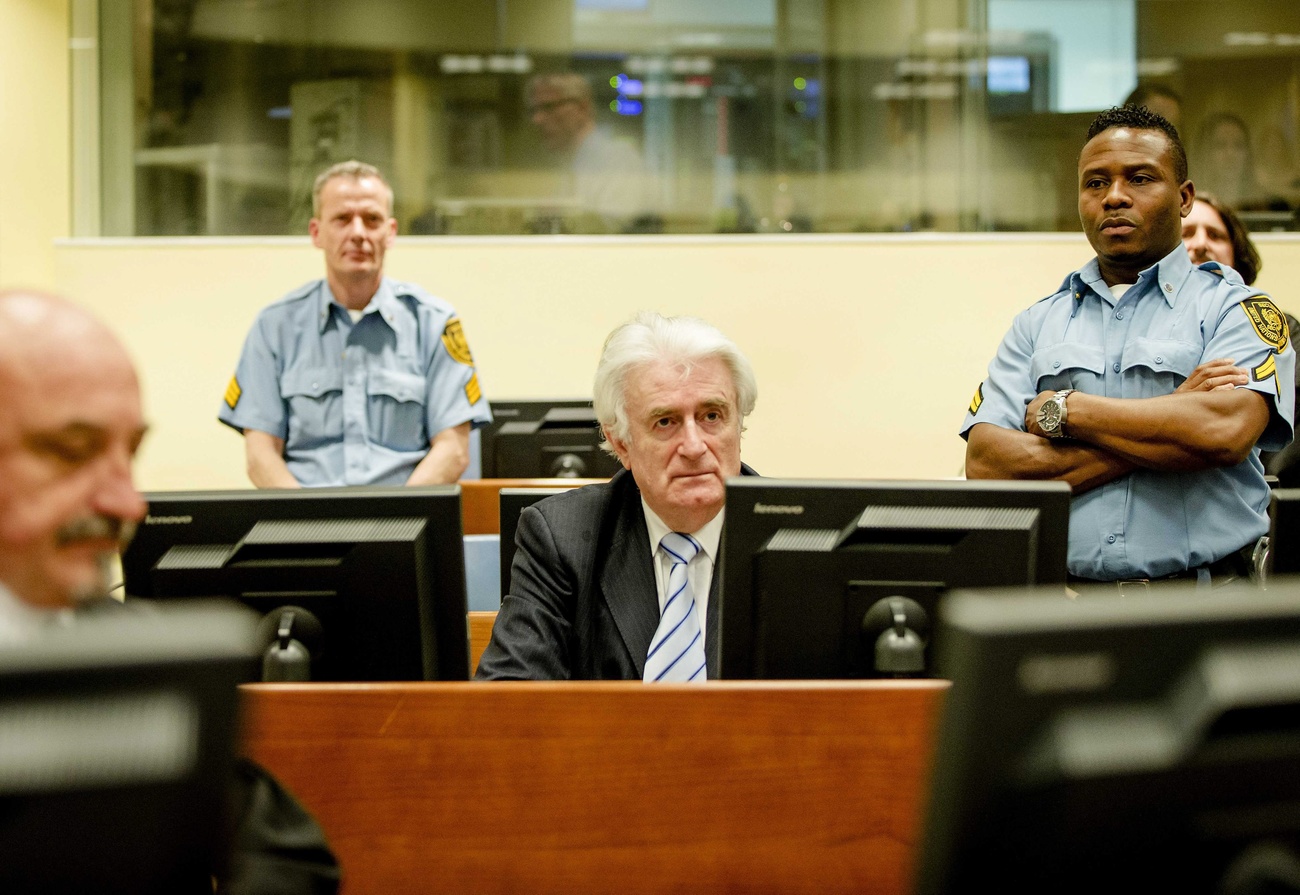
Crimes against humanity can include, among other things, murder, extermination, enslavement, forcible deportation or transfer of population, torture and rape. The ICC Statute also includes the crime of apartheid.
What is genocide?
The word “genocide” was first coined by Polish lawyer Raphäel Lemkin in 1944. Later on, Lemkin led the campaign to have genocide recognised and codified as an international crime. It is defined in the Genocide ConventionExternal link of 1948 as certain acts “committed with intent to destroy, in whole or in part, a national, ethnical, racial or religious group, as such”. These include killing members of the group, causing serious bodily or mental harm to members of the group, deliberately inflicting on the group conditions of life calculated to bring about its physical destruction in whole or in part, imposing measures intended to prevent births within the group, and forcibly transferring children of the group to another group.
Sometimes referred to as the “crime of crimes”, the term genocide has become politically loaded, since it implies, at least in principle, a duty for the international community to prevent and punish. However, it is hard to prove in a court, particularly because of the necessity to prove intent. Only three genocides have been legally recognised by a court: in Rwanda (1994 genocide of Tutsis), Bosnia (1995 Srebrenica massacre) and Cambodia under the 1975-79 Pol Pot regime.
What justice efforts for Ukraine so far?
Russia’s invasion of Ukraine on February 24, 2022 and ongoing war has brought an unprecedented wave of judicial responsesExternal link, both by the international community and Ukraine itself. Ukraine has already held some trialsExternal link and handed down some convictions. The ICC has opened an investigation and more than 15 countries including Switzerland have set up units to gather evidence, notably from refugees, for possible future trials in domestic or international courts. The UN Human Rights Council in March 2022 set up an independent Commission of Inquiry on Ukraine to investigate alleged violations of human rights and international humanitarian law in Ukraine and preserve evidence for “future legal proceedings”.
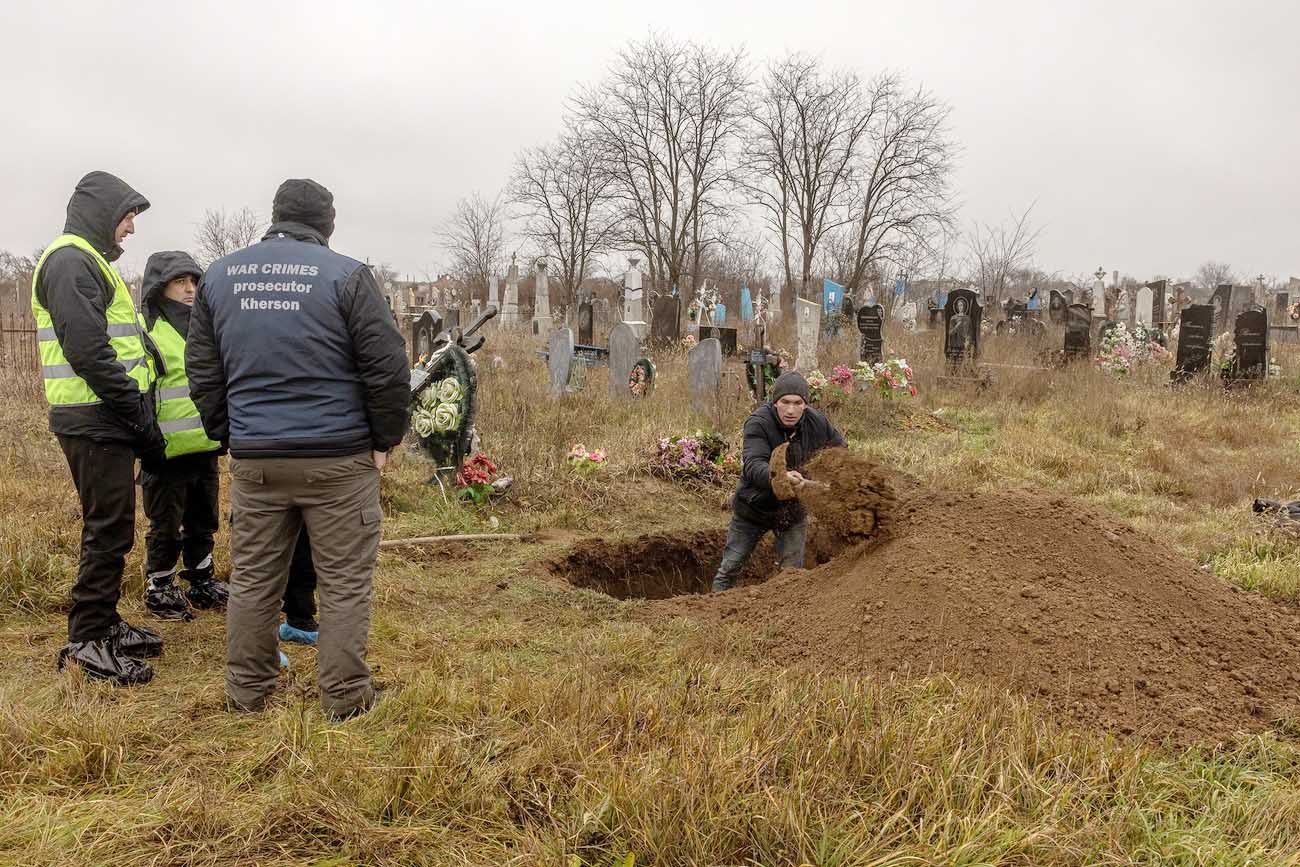
However, it could take years, or even decades, before top Russian leaders such as President Vladimir Putin and his foreign minister Sergei Lavrov could be brought to trial. “As far as the Russian aggression is concerned, it is a task that will certainly last for decades,” Philip Grant, director of Geneva-based anti-impunity NGO TRIAL International told Swiss public broadcaster RTS in October. “But in any case, we need to document and safeguard the evidence, raise awareness among the victims and try to start building case files.”
Getting alleged perpetrators into custody is a major challenge. With regard to top leaders, there is also the issue of immunity, meaning that Putin, for example, could probably not be tried unless he is unseated from power in Russia and/or his immunity is waived. The ICTY only got its hands on Slobodan Milosevic after he stepped down as Serbian President. Milosevic was charged with having committed war crimes and genocide during the Bosnian war of the 1990s but died in ICTY custody during his trial.
Similarly, former Liberian President Charles Taylor was only brought to justice after he was ousted and fled into exile. He was sentenced in 2012 by the UN-backed Special Court for Sierra Leone to 50 years in jail for aiding and abetting war crimes and crimes against humanity in Liberia’s neighbour Sierra Leone.
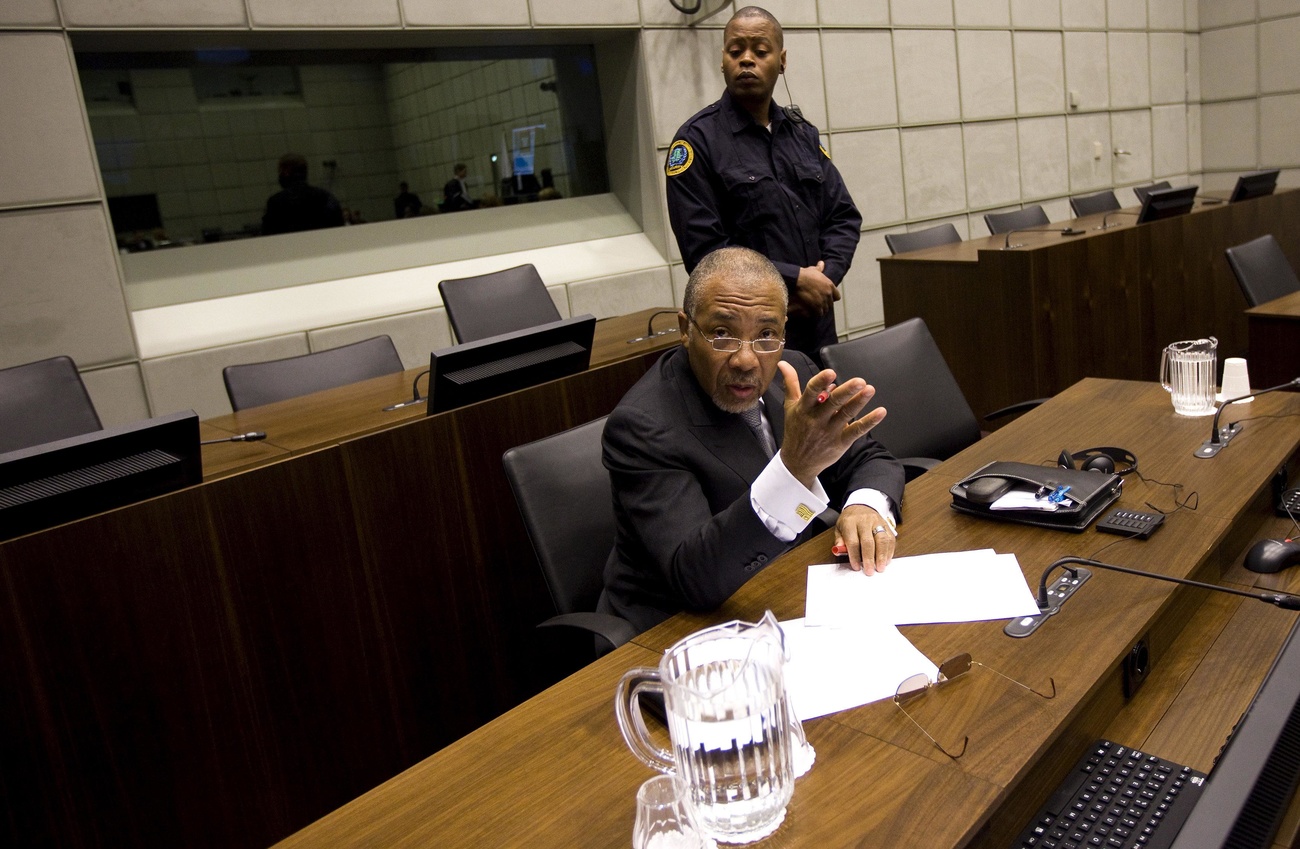
The ICC still has not got its hands on former Sudanese President Omar Al-Bashir, whom it indicted in 2009 and 2010 for war crimes, crimes against humanity and genocide in Darfur. He was ousted from power in 2019 and sentenced for corruption in Sudan. But despite promises, the country’s military rulers still seem reluctantExternal link to extradite him to the ICC.
What are the pros and cons of a Russia tribunal?
Ever since the start of the war in Ukraine, some lawyers have been arguing for a special tribunal to try Russian leaders for the crime of aggression. They say this is needed since there is no court that currently has jurisdiction to try this crime, from which all the others stem. Ukraine and some other countries, notably in eastern Europe, are also pushing for it. European Commission President Ursula von der Leyen came out in favourExternal link in November. But there are many unknowns and issuesExternal link, including what form such a tribunal might take and what mandate it might have.
Some argue that a special tribunal to try top Russian leaders for aggression would be seen as one-sided justice and would lack legitimacy unless it stemmed from an international consensus, which is unlikely. If the idea came to the UN Security Council, it would almost certainly face Russian and Chinese vetoes. Some Western states might be uncomfortable with the idea too, fearing that it could open the door to other future prosecutions, such as key US or UK figures for aggression in Iraq or Afghanistan.
Investigating and prosecuting war crimes and crimes against humanity is extremely complex, whereas proving Russian leaders’ responsibility for the invasion of Ukraine would seem simple. Indeed, Swiss former ICTY and ICTR Prosecutor Carla Del Ponte argues that it is already proven. But some are concerned that if a special tribunal could not get its hands on top Russian leaders, it might just spend a lot of money on in-absentia trials or for little credible result.
Edited by Imogen Foulkes
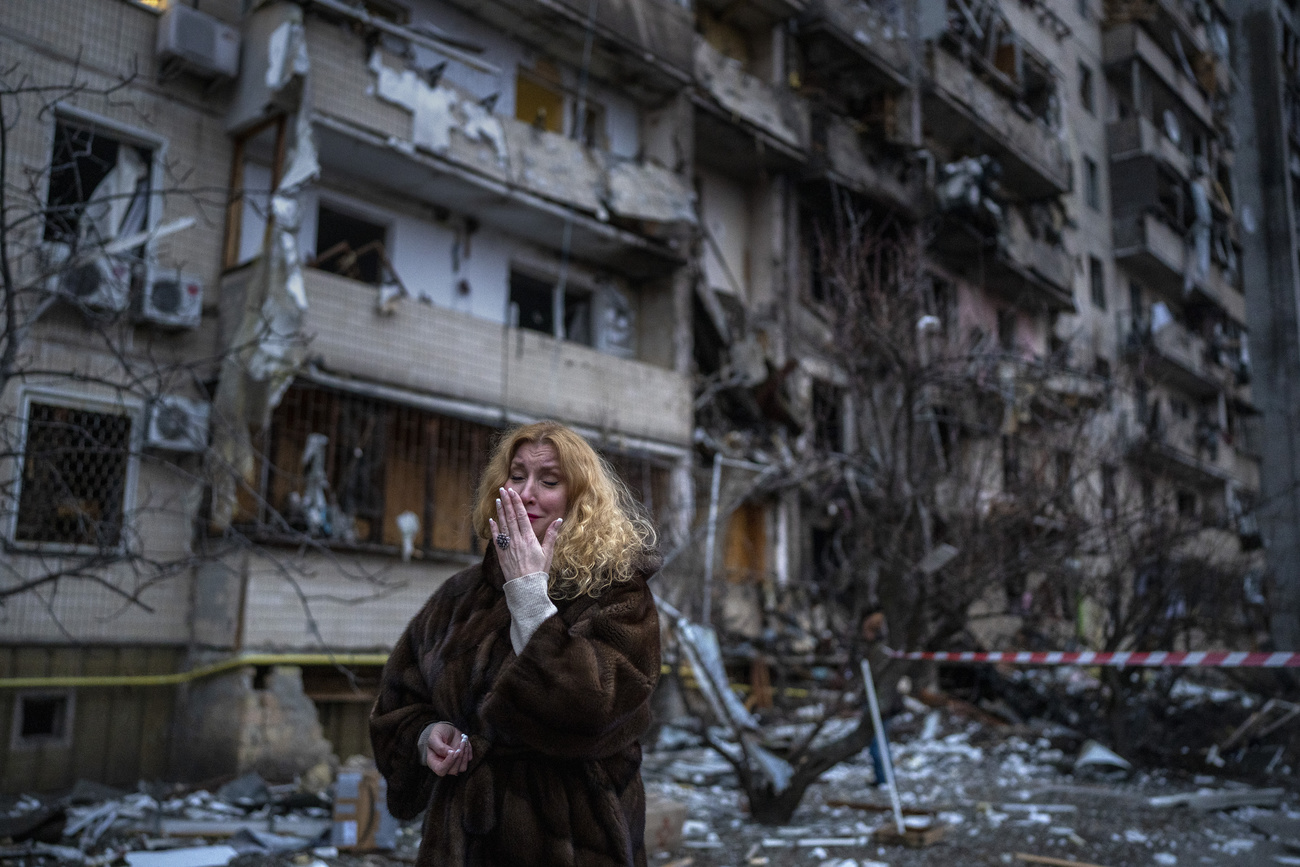
More
Will Russia’s leaders be brought to justice for Ukraine war crimes?
More

In compliance with the JTI standards
More: SWI swissinfo.ch certified by the Journalism Trust Initiative

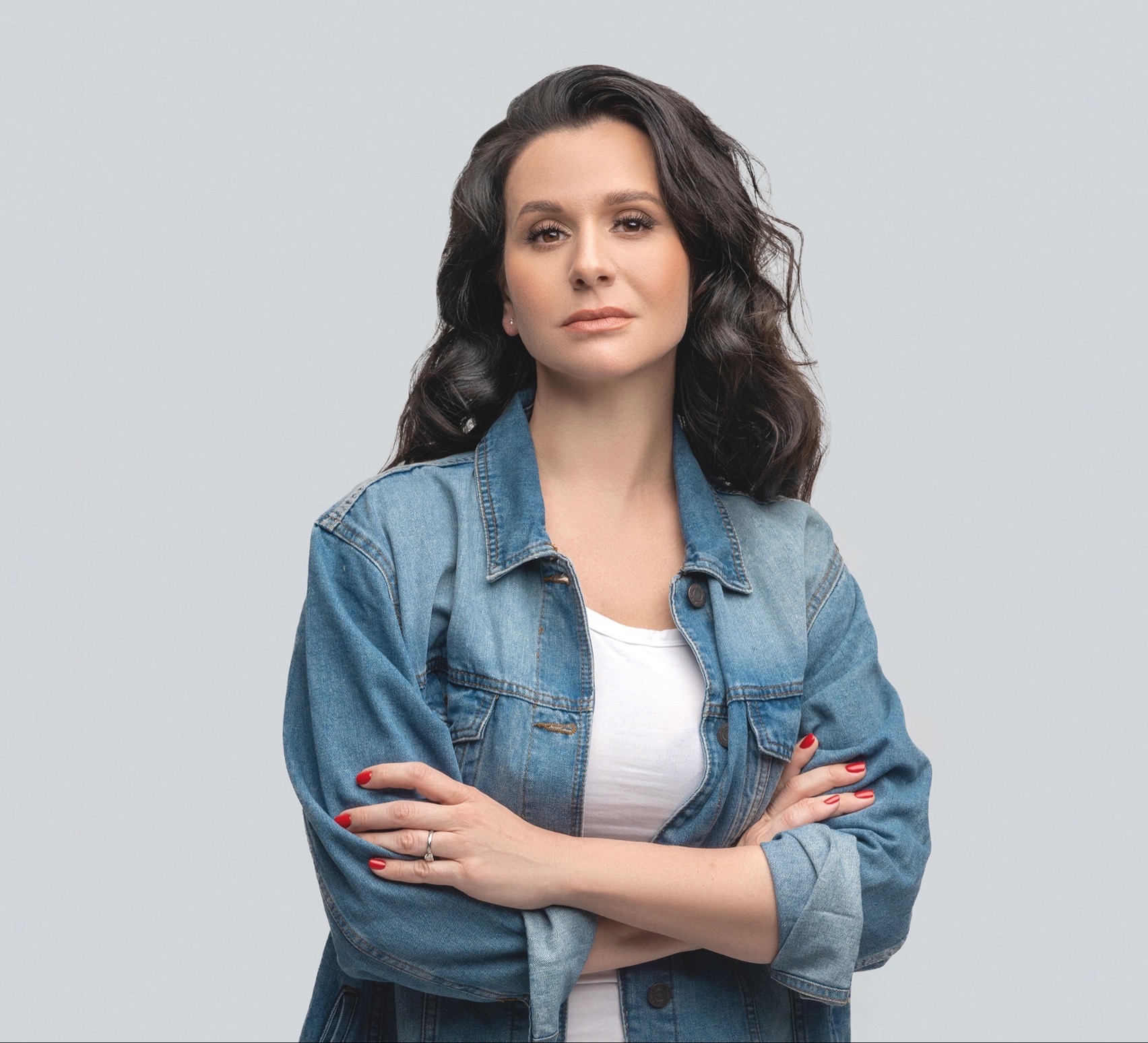









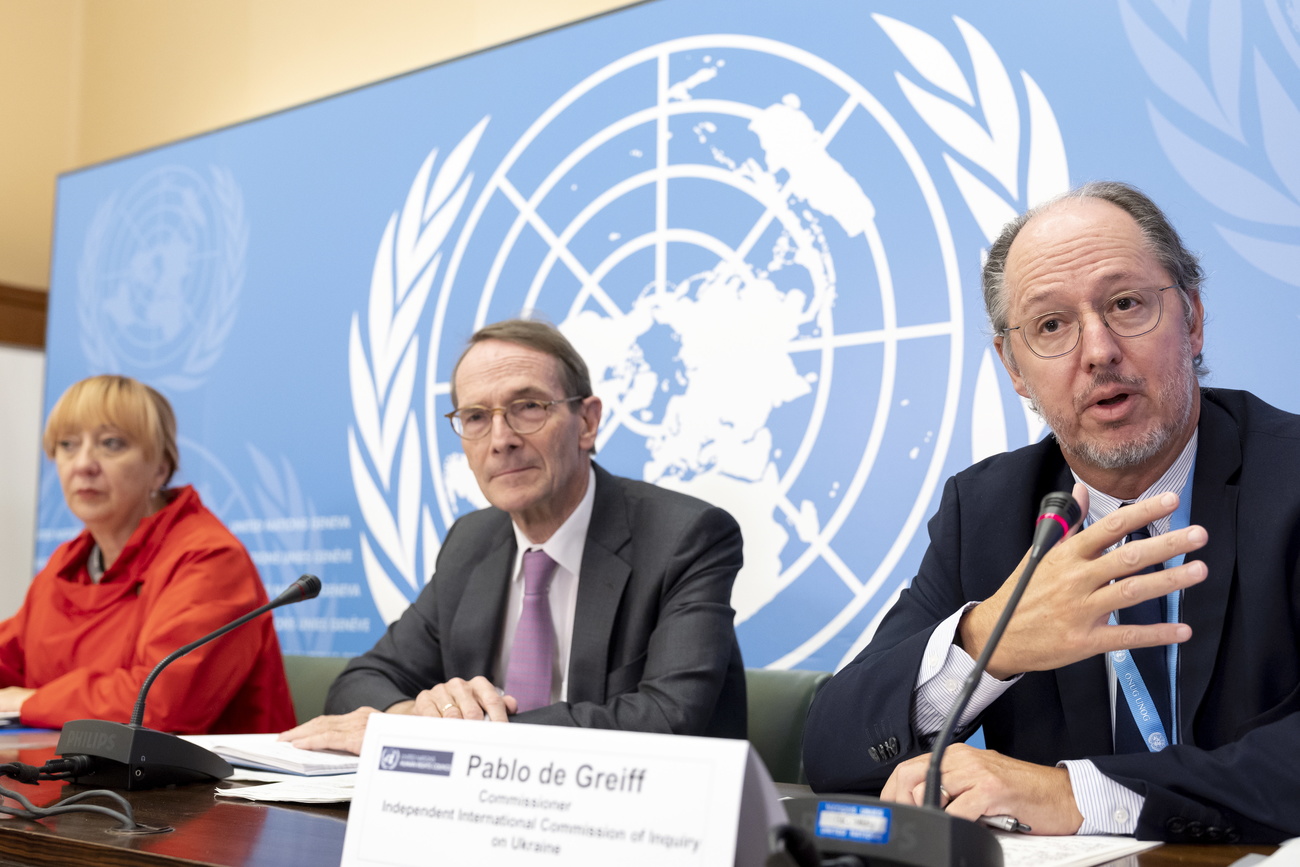

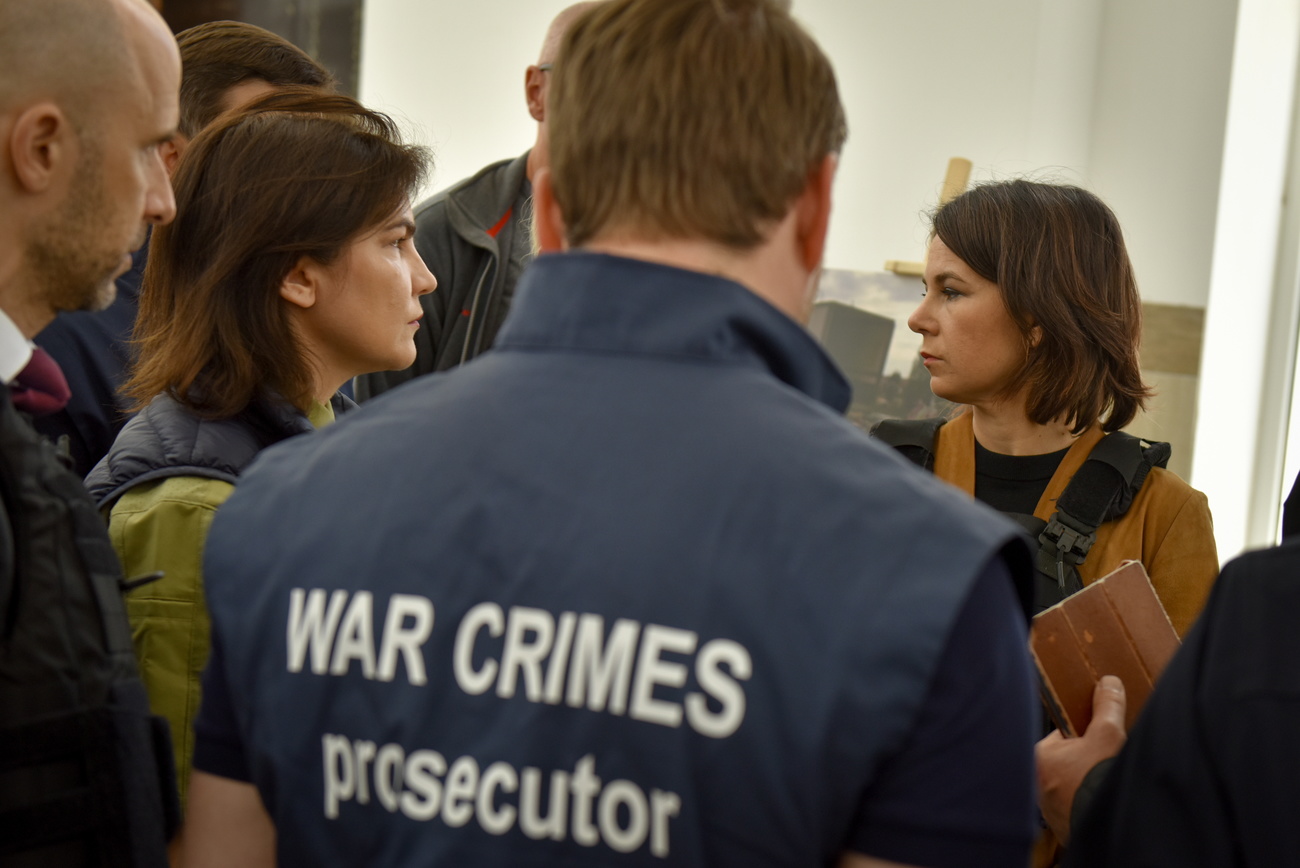
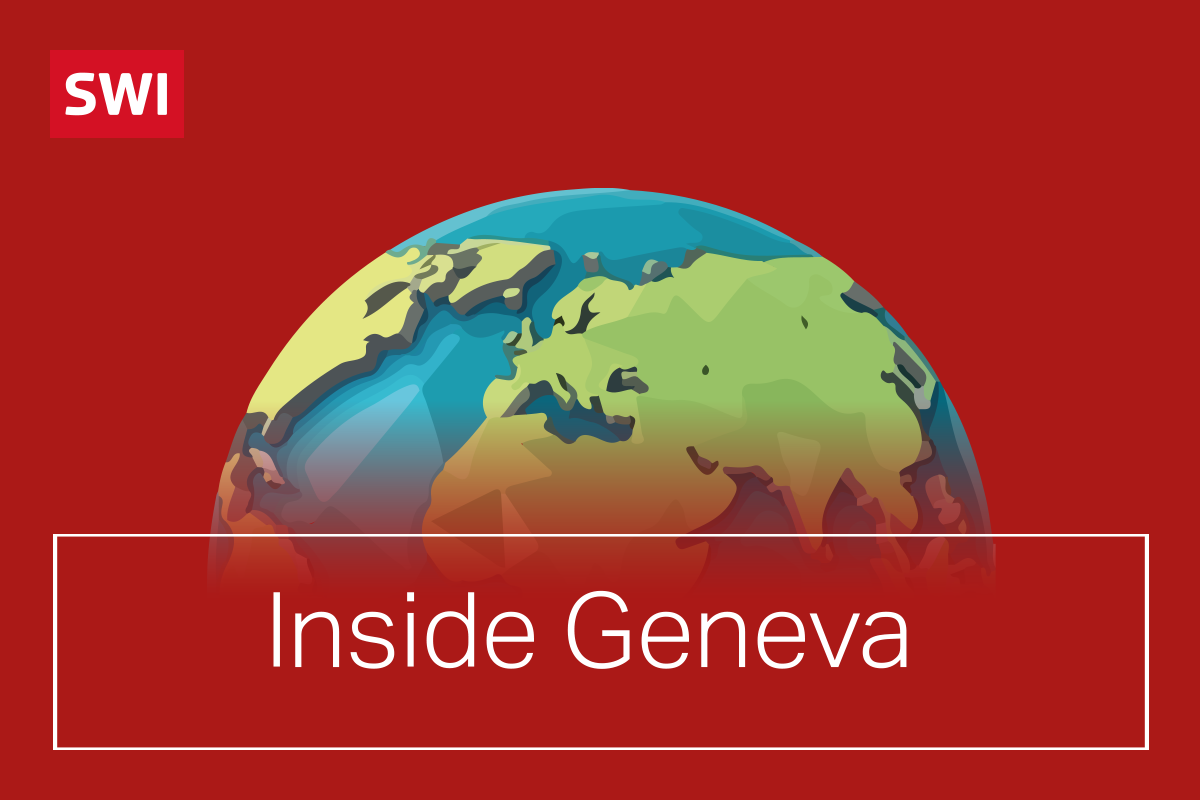
You can find an overview of ongoing debates with our journalists here . Please join us!
If you want to start a conversation about a topic raised in this article or want to report factual errors, email us at english@swissinfo.ch.